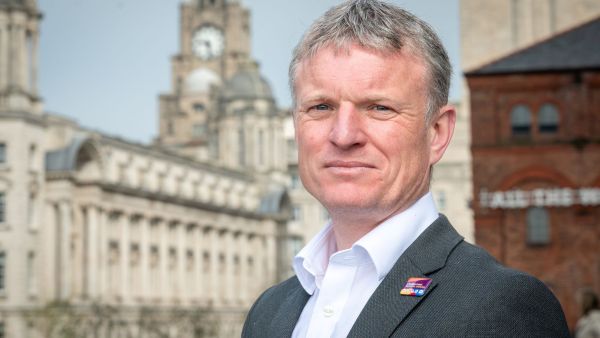
by Phoebe Rowe | Apr 10, 2025 | Business News, Insights
Stephen Young, the current chief executive of Halton Council, has been appointed to take over as the chief executive of Salford City Council, succeeding Tom Stannard. Stannard departed at the end of January to join Manchester City Council, with Melissa Caslake...
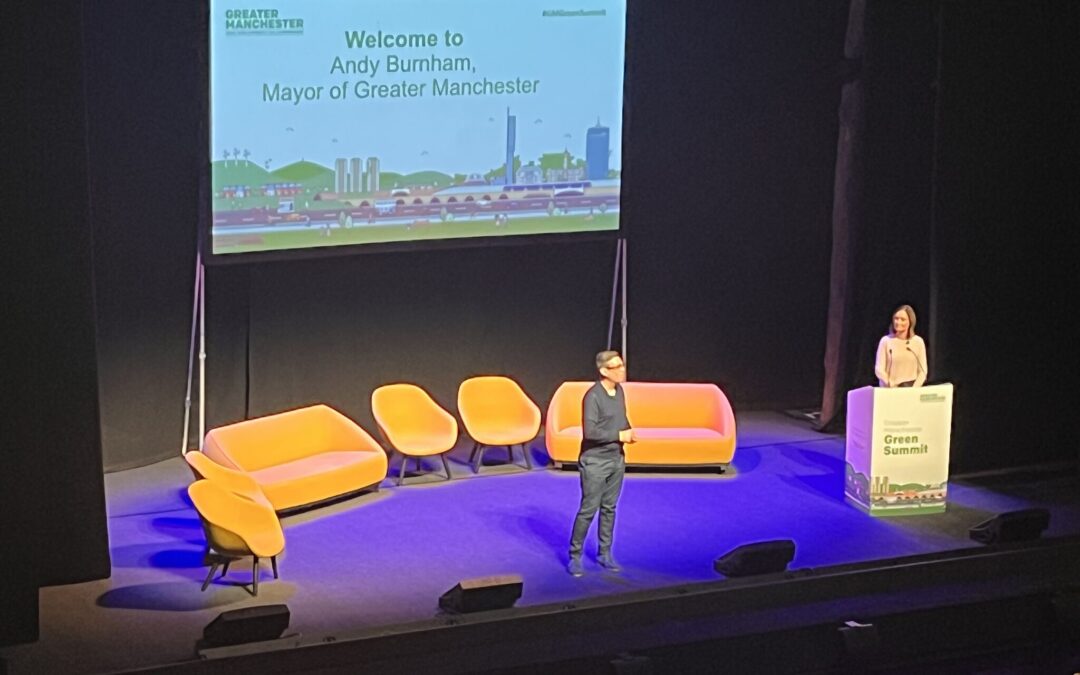
by Nikki Brown | Dec 11, 2024 | Insights
The 2024 Greater Manchester Green Summit was held at the Lowry Theatre on Monday 9 December, bringing together individuals, businesses and community groups all passionate about driving change for the good of our planet and helping Greater Manchester reach its...
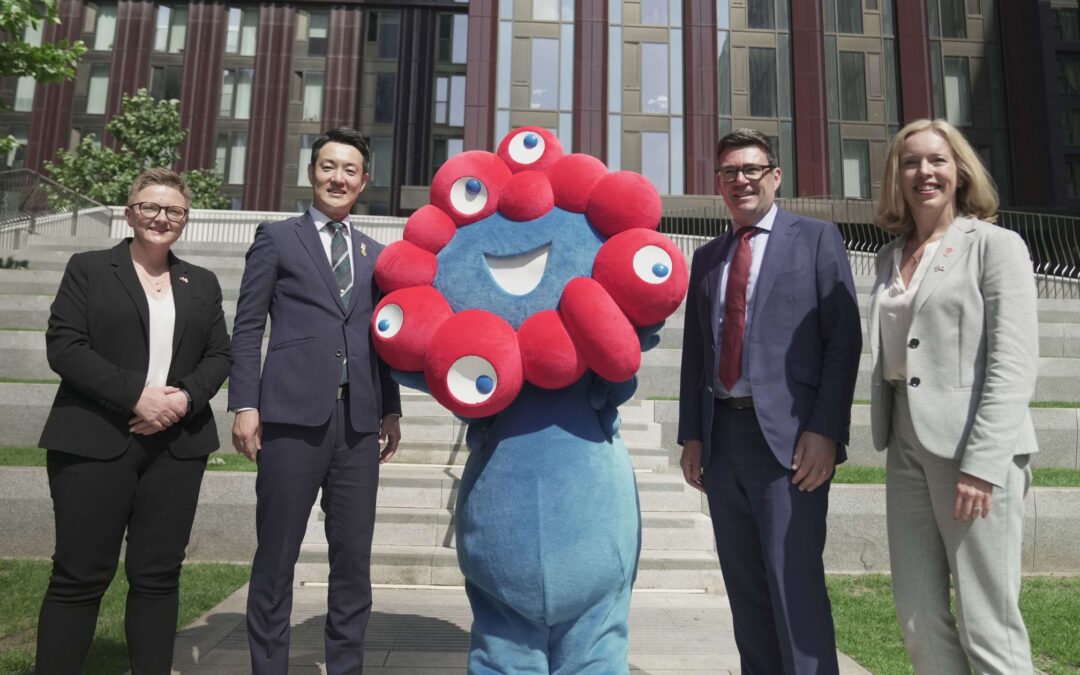
by Phoebe Rowe | Jul 16, 2024 | Business News, Insights
Distributed on behalf of the Greater Manchester Japan Steering Group Greater Manchester is getting ready to take its partnership with Japan to the next level in 2025, as the city-region prepares for a host of major events, activities, and visits to celebrate its...
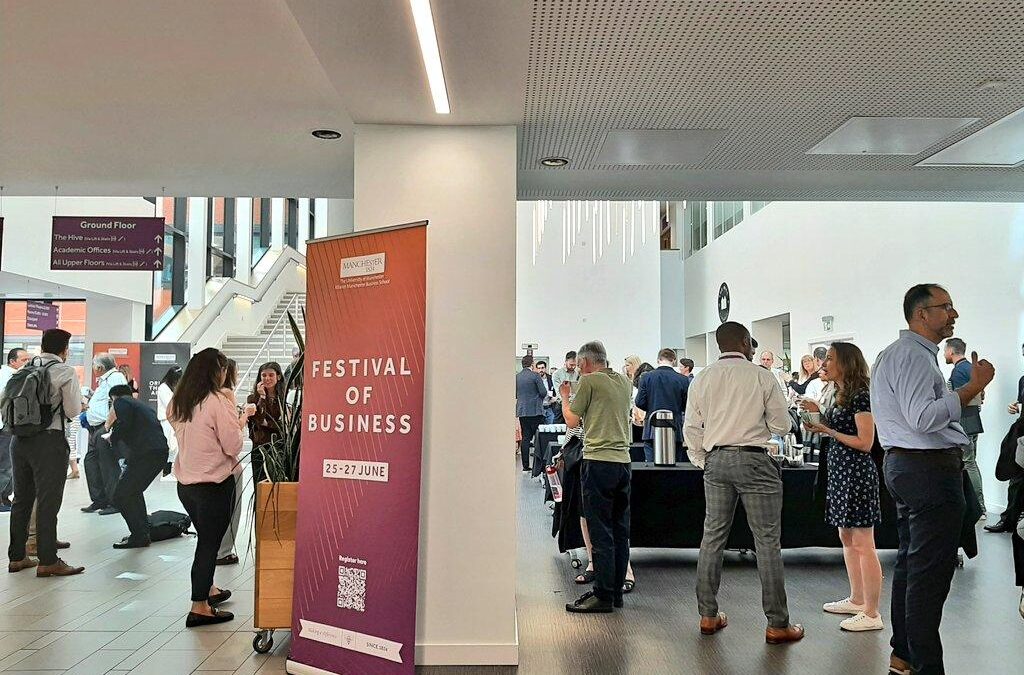
by Nikki Brown | Jun 27, 2024 | Insights
Entrepreneurs, innovators and business leaders gathered at Alliance Manchester Business School at The University of Manchester on Thursday 27 June 2024 for Business 2050 as part of the University’s Festival of Business. The event explored how in a rapidly changing...

by Nikki Brown | Jun 12, 2024 | Insights
Last month saw the launch of The Industrial Biotechnology Innovation Catalyst (IBIC) in Manchester, which is set to position Greater Manchester and The North West of England as a global hub for Industrial Biotechnology Innovation. Industrial Biotechnology is predicted...
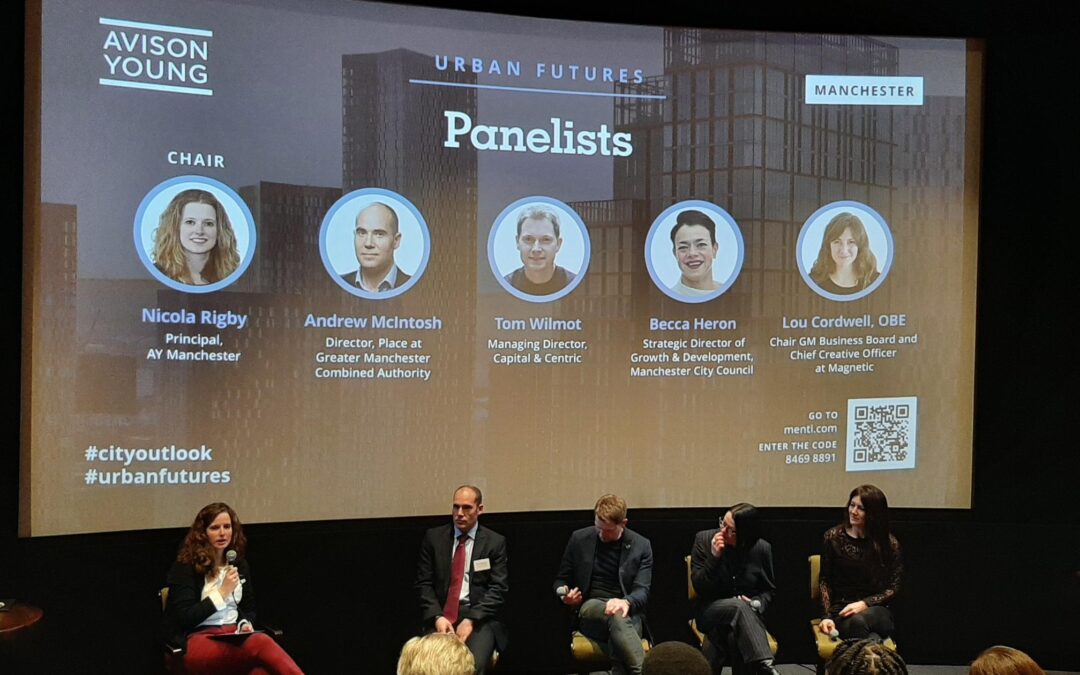
by Nikki Brown | Nov 22, 2023 | Insights
On Wednesday 22 November 2023, Chair of the GM Business Board Lou Cordwell joined in discussions at Avison Young’s breakfast event ‘Urban Futures: What’s next for Manchester’ covering the growth within the city and how to best leverage infrastructure and...







